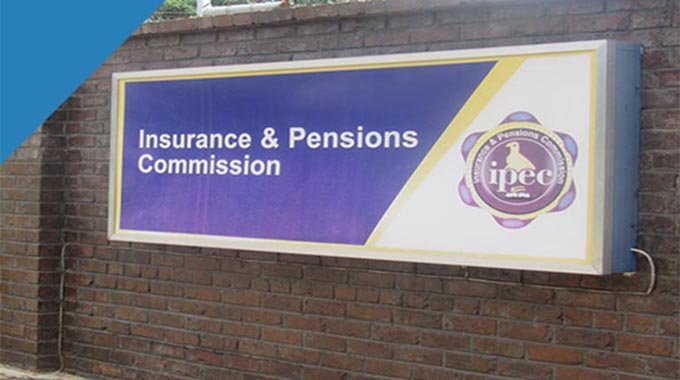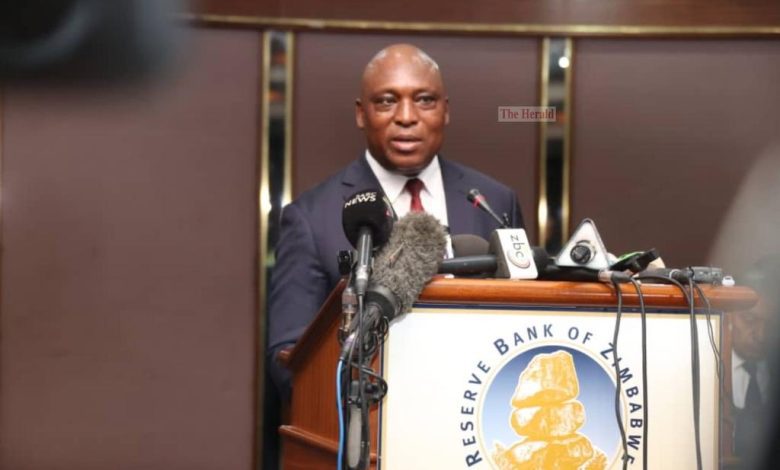Treasury provides $1bn for housing
Construction of 200 000 low-cost houses and flats by 2023 is on course, with Cabinet approving the new building technology being tried out this year in a major Dzivarasekwa complex of 1 400 flats that Treasury has already allocated $1 billion.
Also at yesterday’s meeting, Cabinet gave the green light to the department of roads within the Ministry of Transport and Infrastructural Development to take over and repair specific roads falling under urban councils as the Second Republic led by President Mnangagwa escalates efforts to enhance service delivery and for the attainment of Vision 2030.
Speaking after the meeting, Information, Publicity and Broadcasting Services Minister Monica Mutsvangwa said Cabinet was briefed on the use of new technology in housing construction as part of the strategy to speed up home building as it allows costs to be cut, at times by as much as half.
“Cabinet was informed that the technology, which is already in use in the Dzivarasekwa flats project, involves two options, namely: brick and mortar, and concrete, said Minister Mutsvangwa. The housing designs will involve two and three-bedroomed flats, with social amenities such as water and sewer reticulation and electricity from renewable energy. The designs fit well into the Smart City concept. The alternative technology will expedite works and save costs by up to half, with up to a thousand units being constructed in 15 months.
This should enable Government to deliver 200 000 housing units by 2023. Construction materials will be produced locally, with the Harare Institute of Technology manufacturing the formers for the walling blocks.”
The new technology will benefit the nation immediately through technology transfer for the country’s entrepreneurs and skills development among the youths at training institutions.
Some of the areas that will instantly benefit are former Messengers’ Camps in Highfield, Harare, and Senga in Gweru to be followed by a similar regeneration programme across the country.
This year 88 blocks of flats are being built in Harare’s Dzivarasekwa, each block with 16 flats to give a total of 1 408 flats. The Government is building half and the private sector the other half. Treasury has provided funds in excess of $1 billion in order for construction to commence,” said Minister Mutsvangwa.
On road infrastructure, Cabinet received an update on the start of the Emergency Road Rehabilitation Programme 2 from Vice President Constantino Chiwenga who chairs the committee.
“Cabinet was informed that as the programme gathers momentum, sufficient resources have been mobilised for works on critical, high impact roads to commence in earnest. The relevant roads authorities are mobilising equipment with Treasury support. Cabinet approved that the department of roads in the Ministry of Transport and Infrastructural Development takes over a number of roads from urban councils,” she said.
The approved list of specified roads includes 16 roads in Bulawayo Metropolitan, 32 totalling 250km in Harare Metropolitan, nine totalling 25km in Manicaland, eight roads of 12km in Mashonaland Central, 38 totalling 84km in Mashonaland East, 20 totalling 45km in Masvingo Province, three totalling 7km in Matabeleland North, 19 totalling 30km in Matabeleland South and 27 totalling 125km in Midlands.
While urban councils are supposed to use their Zinara funds and other sources to maintain and upgrade their road network, many and especially Harare City Council have been failing. The Government has declared the urban roads a disaster, allowing it to move in.
Cabinet agreed that a sixth road contractor be immediately engaged for Harare-Masvingo-Beitbridge Highway as works resume. Zimbabwe has been using local contractors, each assigned a stretch of highway, to dramatically upgrade the highway.
Minister Mutsvangwa said Cabinet also considered and approved the Action Plan presented by Transport Minister Felix Mhona, consistent with the ministry’s vision to develop Zimbabwe into a regional hub for world-class transport networks, logistics and services by 2030.
“The ministry will concentrate on transport infrastructure rehabilitation, construction and upgrades to standards that are prescribed in the National Development Strategy. The main focus will be on ensuring that the transport sector plays its rightful role of an enabler for overall economic growth across the agriculture, mining, electricity, manufacturing and tourism sectors,” said Minister Mutsvangwa.
“Cabinet was informed that the ministry will address challenges on poor road and rail infrastructure, inadequate airport and airspace infrastructure, and inadequate infrastructure funding.”-heraldc.lz.w











